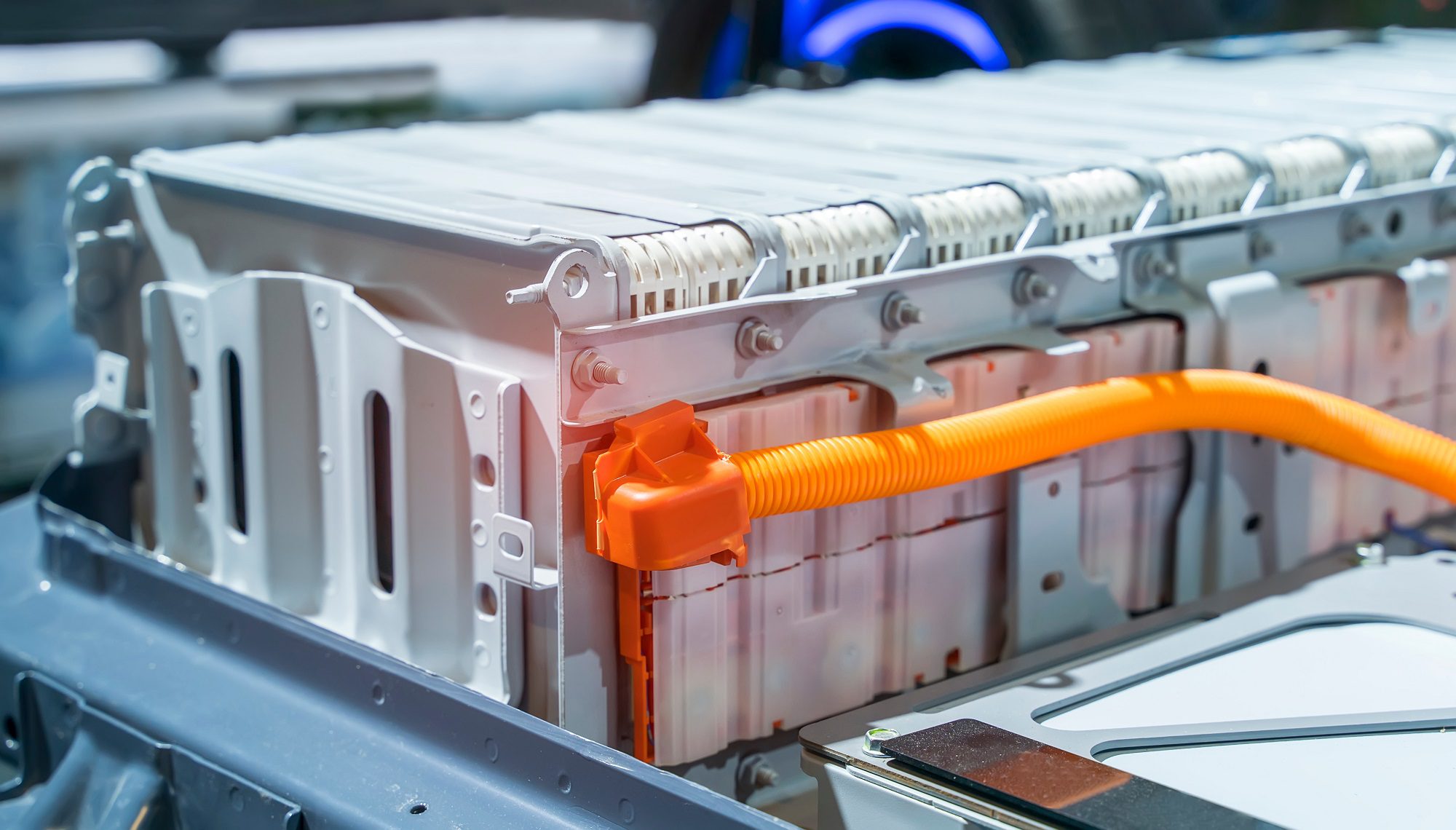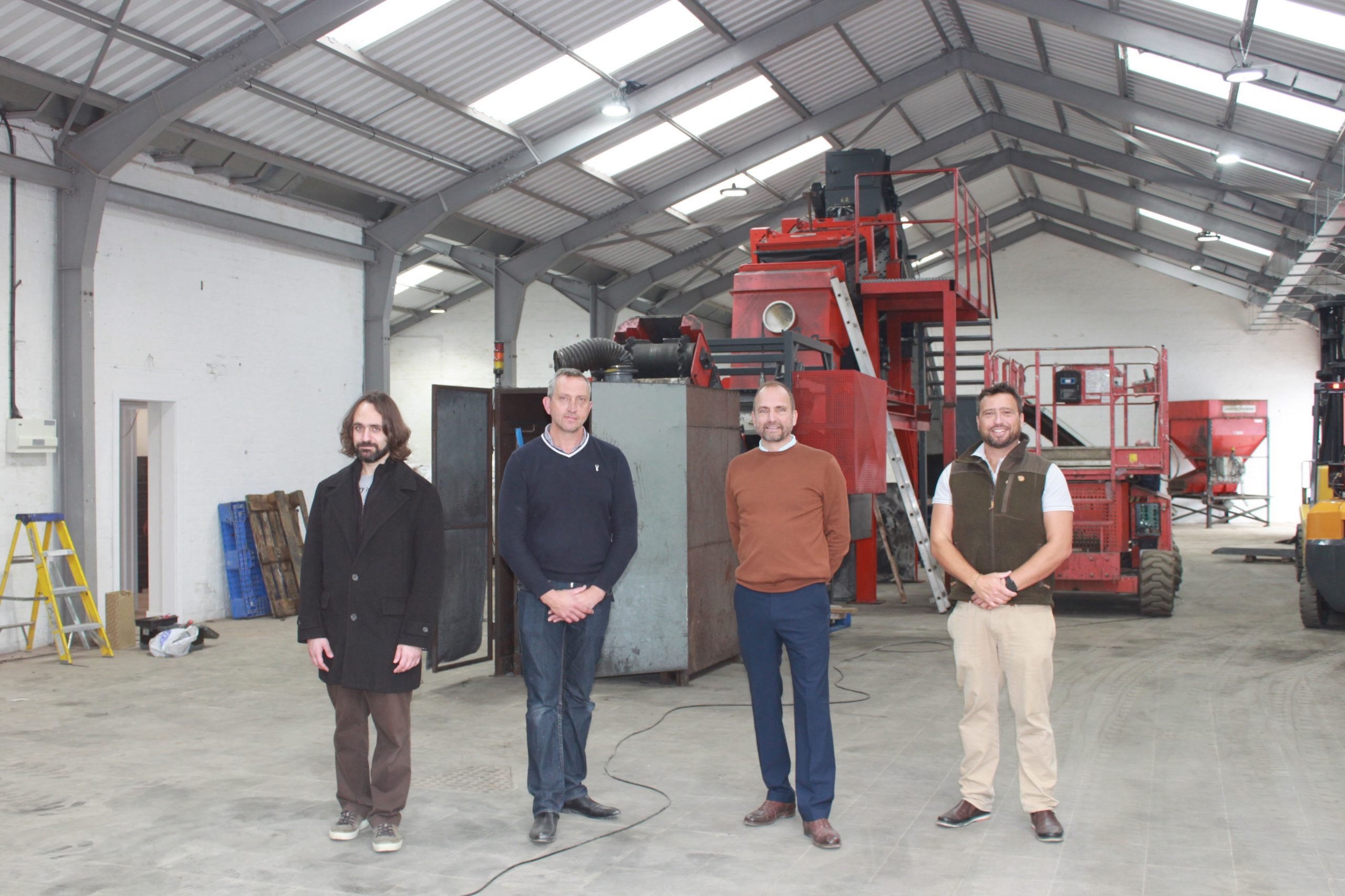Fenix Battery Recycling Case Study

Capable of shredding and recycling multiple battery types, including an alkaline processing plant which is fully operational, and a lithium processing line which is currently being established, a forecasted 10,000 tonnes are expected to be recycled at the plant, eventually increasing to 20,000 long-term. The facility consequently reduces the need for batteries to be exported to Europe for recycling.
From its new base, Fenix will also carry out research into cleaner, greener battery recycling solutions, and seek to forge new working partnerships with battery collectors, universities, producer compliance schemes and recycling companies up and down the country.
The firm is fast gaining recognition for its work, securing over £900,000 of grant funding from Innovate UK – the national innovation agency – to develop a specialist technology capable of making lithium-ion battery recycling processes cleaner and more sustainable. Working in partnership with in-region researchers from the University of Birmingham and circular economy research-led company, Ever Resource, the funding will allow Fenix to scale up the technology for commercial requirements and explore opportunities to recycle other battery types.
Miles Freeman, General Manager at Fenix, said:
“Lithium-ion is a rapidly growing market and is leading the electric transport revolution. However, there is currently no cradle-to-grave solution for the metals and metal compounds which are used to build these batteries. This will have significant environmental and political implications – not least because critical resources for the lithium-ion industry can be traced to unsustainable, and sometimes unethical, mining practises. Our mission is to instil sustainability at every level of the supply chain, to maximise on the once-in-a-generation opportunity to establish a cleaner era of power and mobility. We could think of nowhere better than the West Midlands to embark on this journey, as a renowned powerhouse of energy innovation and transport invention.”

Why the West Midlands?
Located in Walsall, Fenix’s new operation is at the heart of the region’s historic Black Country district, famed for its role in manufacturing world-first innovations at the height of the Victorian Industrial Revolution.
Today, the area is championing innovation in clean, green technologies across key sectors.
Dudley is home to the Very Light Rail National Innovation Centre (VLRNIC) – a £24 million R&D facility exclusive to the West Midlands that is part of a wider regional project to develop a new low-cost, low-emission tram-style public transport solution for urban and rural travel.
Situated next to the town’s former train station, the centre is currently under construction and, once complete, will include a 2km test track on a disused rail line for real-world testing scenarios, as well as a triple-height engineering hall; research laboratories; conference and seminar suites; offices; exhibition spaces and an auditorium.
January 2021 also saw the Black Country declared a nationally strategic cluster for decarbonisation, as part of a major UK Government programme to establish the world’s first net zero industrial zone.
Putting the area at the heart of the UK’s charge towards a Green Industrial Revolution, a series of zero carbon hubs anchored around core industrial processes of Black Country businesses will be created with the aim of reducing emissions output. Each hub will contain a mix of businesses and encourage collaboration on ideas around energy and waste flows.